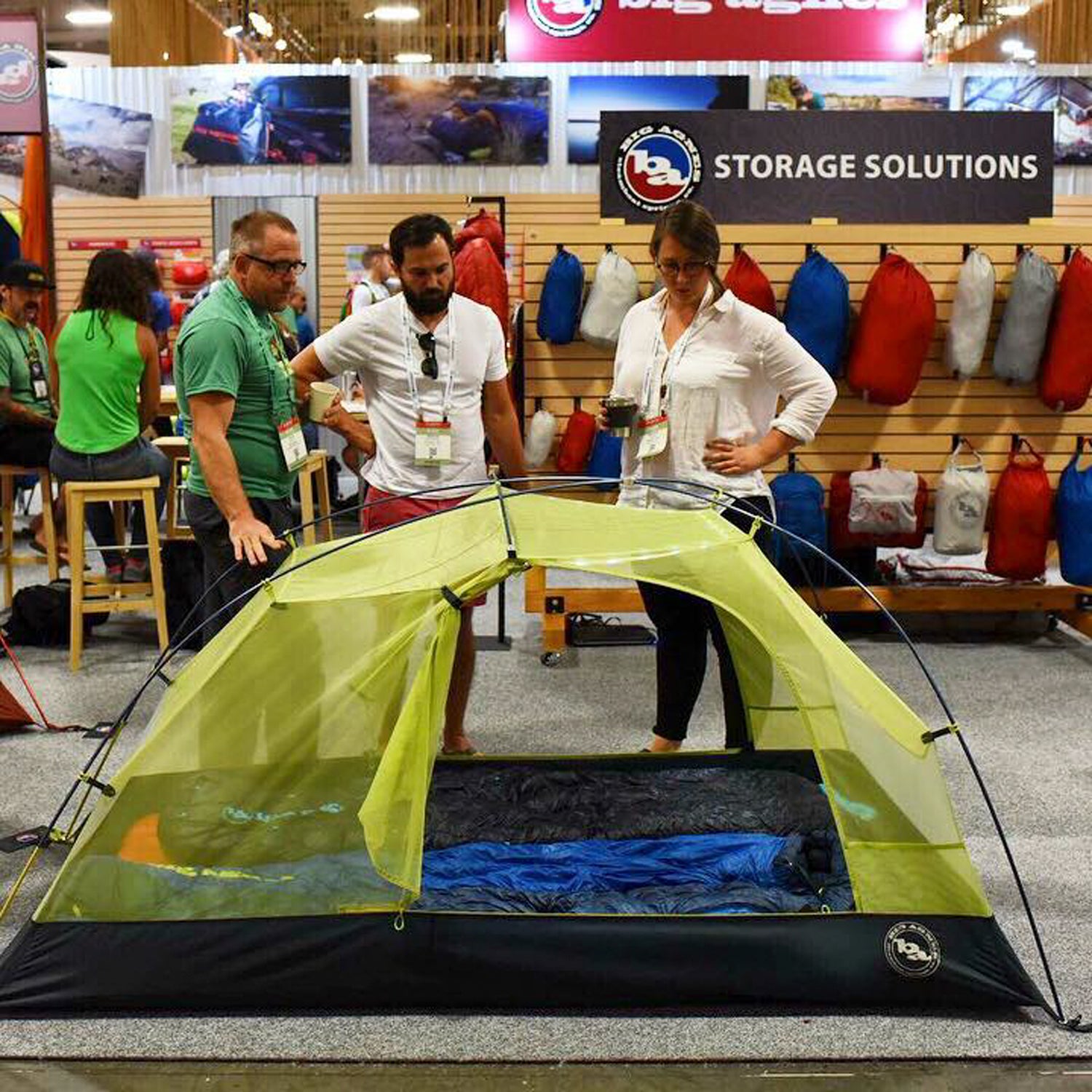The outdoor industry is poised to get a big cash infusion from tax cuts, along with every other business in the country. Both the Senate and House tax bills recently passed by Congress aim to lower the corporate tax rate from 35 to 21 percent, effectively dumping billions of dollars into the laps of business. For outdoor companies, though, the money comes with a catch: Public lands were sacrificed in the deal-making to get those lower rates.
To say the tax bills are controversial is a huge understatement. Just approve of it, and the Senate’s 500-page document, riddled with loopholes, was handed out to lawmakers just six hours before the vote, with whole pages . It passed at 2 a.m. by two votes. The Senate and House versions were conferenced this week and go to a final vote next week. Trump hopes to sign the bill before Christmas.
The outdoor industry has been quiet, or least reserved, on its stance. “It’s a mixed bag at best,” says Alex Boian, vice president of government affairs for the Outdoor Industry Association (OIA), which has no official position on the bill. OIA was opposed, however, to the way in which three beloved pieces of public land were seemingly traded for votes. Just before the Senate vote, Trump cut Bears Ears and Grand Staircase-Escalante National Monuments, a longtime request from Utah’s Republican Senator Orrin Hatch. The bill also includes legislation that would open the Arctic National Wildlife Refuge to drilling, which was seen as a way to secure a vote from Alaska’s Lisa Murkowski. “It looks transactional, and I don’t use that lightly,” says Boian. “It’s bad lands management policy.”
It could be argued that outdoor companies are getting a fat check at the cost of public lands. If that’s the case, is it worth it? And what exactly are gear companies getting in return?
“I’m proposing we donate the savings.”
Aside from the public lands crisis the bill has already created, it’s not clear how, or if, it will help the outdoor industry as a whole, or the shoppers who keep it afloat. The major Republican article of faith is that lowering taxes will lead companies to raise wages, hire more people, and invest in more technologies, leading to economic growth—the so-called trickle-down effect. However, in a recent University of Chicago across the ideological spectrum, only one said the proposed tax cuts would yield substantial economic growth.
Most of the companies we contacted—from The North Face to Solomon to Columbia—declined to comment, citing the complexity and uncertainty of a bill that was still in progress until a couple days ago. A spokesperson for Patagonia, currently embroiled in a public relations war with both Interior Secretary Zinke and the House Committee on Natural Resources over the dismemberment of Bears Ears, simply said the company opposes the bill. Company CEO Rose Marcario had penned a statement against the tax plan, they said, but chose not to publish it in order to keep the focus on the national monument campaign.
Steve Barker, a former OIA president and founder of Eagle Creek Travel Gear, says companies will probably spend the money paying back stocks, paying down debt, and increasing executive bonuses. “They aren’t likely to increase hiring,” he says. “They also won’t likely make capitol improvements—with most gear now made overseas, there is little need.”
In that area, some gear companies did successfully push Congress to remove a provision that would have raised taxes on goods manufactured overseas. The so-called “border-adjustment tax” was struck from the bills in July after , potentially saving millions of dollars. But the other angle the outdoor industry needs to consider is how it will impact their customers.
The tax-reform bill is expected to increase health insurance costs, reduce credits for tuition loans, and remove city and state tax deductions—in other words, it would hurt many young, college-educated people on the coasts. That’s a core base of customers for the industry. “If they’re uncertain about their finances, the typical gear buyer might make due with older gear or skip the annual ski trip,” says former sporting-goods retail magnate Ken Gart, of Gart Brothers and the 140-shop conglomerate Specialty Sports Venture.
Many of these customers are also the people most upset by the government’s recent attacks on public land—among the 2.8 million who wrote in to support the national monuments. For customers, and thus for companies, the tax package created a moral dilemma when the Trump administration bargained away Bears Ears, Grand Staircase-Escalante, and the Arctic National Wildlife Refuge. That’s why Dan Abrams, co-owner of apparel maker Flylow, believes that if companies profit from the package, the industry should use some of that money to defend public lands. “I’m proposing we donate the savings to projects that help with that agenda.”
Companies like Patagonia, The North Face, and Arc’teryx , either through outright donations or by funding lawsuits. (So is REI, but it’s not subject to the new tax policy due to its co-op structure.) Abrams says it would be wise for the industry to do so collectively. “It’s important that outdoor companies show our customers we care about the public lands where they use our gear.”
“No amount of economic growth is worth giving away ANWR to the oil companies,” says Barker, the former OIA president who now advocates to protect the refuge. “Once they get their drill bits into it, it’s never going to be the same. We need to fight for those lands with money.”
In other words, the outdoor industry needs to sign Trump’s Christmas bonus check right over to our public lands—or to the people who will defend them.


